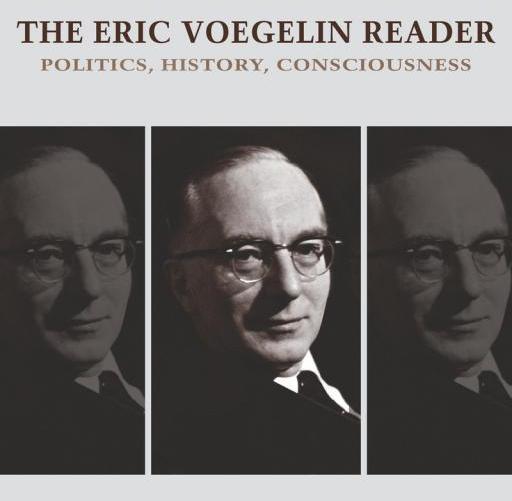Eric Voegelin (1901-1985) is a thinker I want to look into more, writing as he does about civilizational change and the dire influence of gnosticism. In this quotation, he says that the “worldly success” of a religion brings on its decline. This is because a religion of power is incompatible with a religion of faith.
From The New Science of Politics: An Introduction, pp. 122-123:
The life of the soul in openness toward God, the waiting, the periods of aridity and dulness, guilt and despondency, contrition and repentance, forsakenness and hope against hope, the silent stirrings of love and grace, trembling on the verge of a certainty which if gained is loss—the very lightness of this fabric may prove too heavy a burden for men who lust for massively possessive experience. The danger of a breakdown of faith to a socially relevant degree, now, will increase in the measure in which Christianity is a worldly success, that is, it will grow when Christianity penetrates a civilizational area thoroughly, supported by institutional pressure. . . . The more people are drawn or pressured into the Christian orbit, the greater will be the number among them who do not have the spiritual stamina for the heroic adventure of the soul that is Christianity; and the likeliness of a fall from faith will increase when civilizational progress of education, literacy, and intellectual debate will bring the full seriousness of Christianity to the understanding of ever more individuals. Both of these processes characterized the high Middle Ages.”














